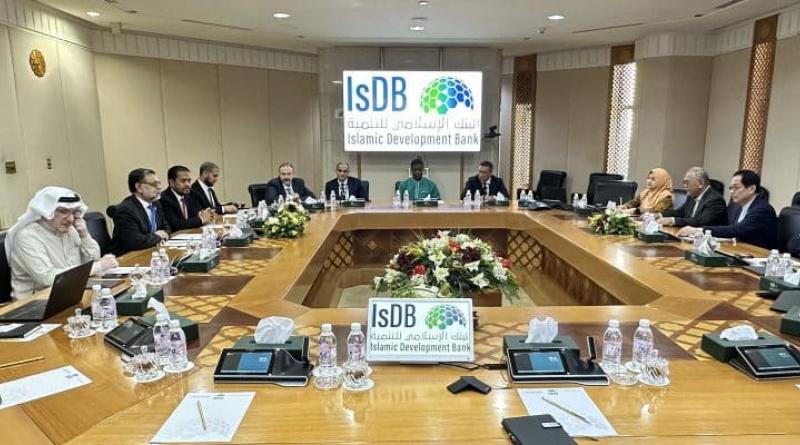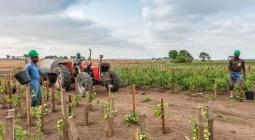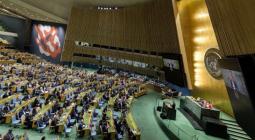AFRICA: the IDB lends $800 million to finance the SDGs in eight countries

Ivory Coast, Senegal, Guinea, Mauritania, Mozambique, Nigeria, Togo and Sudan benefit from a loan of 800 million dollars. It was approved by the Council of Executive Directors of the Islamic Development Bank (IDB) meeting recently in Saudi Arabia to assess the state of sustainable development in these member states.
While 2030 is fast approaching, several countries, particularly in Africa, are not yet up to date in implementing the 17 Sustainable Development Goals (SDGs). This is the case of Mauritania, Mozambique and five other countries on the continent to which the Islamic Development Bank (IDB) has just granted 800 million dollars. The loan will be used to build several infrastructures likely to improve the living environment of their populations.
The projects should mainly focus on energy (SDG7), education (SDG4), agri-food (SDG2), water and sanitation (SDG6), energy (SDG7), among others. In Sudan, the IDB's $1.5 million support is expected to benefit 125,000 people "victims of the conflict", particularly residents of rural areas who have lost their means of subsistence. Indeed, food security (SDG2) is weakened by the clashes which persist between the paramilitaries and the regular army in Darfur. And the United Nations report predicts that “the number of Sudanese suffering from acute malnutrition will reach 19 million in six months (November 2023, Editor’s note) , if nothing is done” .
In Ivory Coast and Senegal, the IDB will finance 194 and 44.9 million dollars for the development of sustainable mobility and transport in order to thwart the pollution peaks recorded in recent years in large cities such as Dakar and Abidjan. Nigeria, for its part, will receive $66 million “to stimulate electricity transmission and innovation in the energy and information technology sectors” , indicates the bank based in Jeddah in Saudi Arabia.
Guinea and Togo are also concerned by the IDB initiative which ultimately aims to make its member states resilient to climate change. Thus, 136.5 million dollars are dedicated to the fight against coastal erosion on the Togolese coast while the Guinean government obtains 40 million dollars for the implementation of two hydraulic and public hygiene projects. New investments which reinforce those underway in these beneficiary countries with the support of other development partners.





